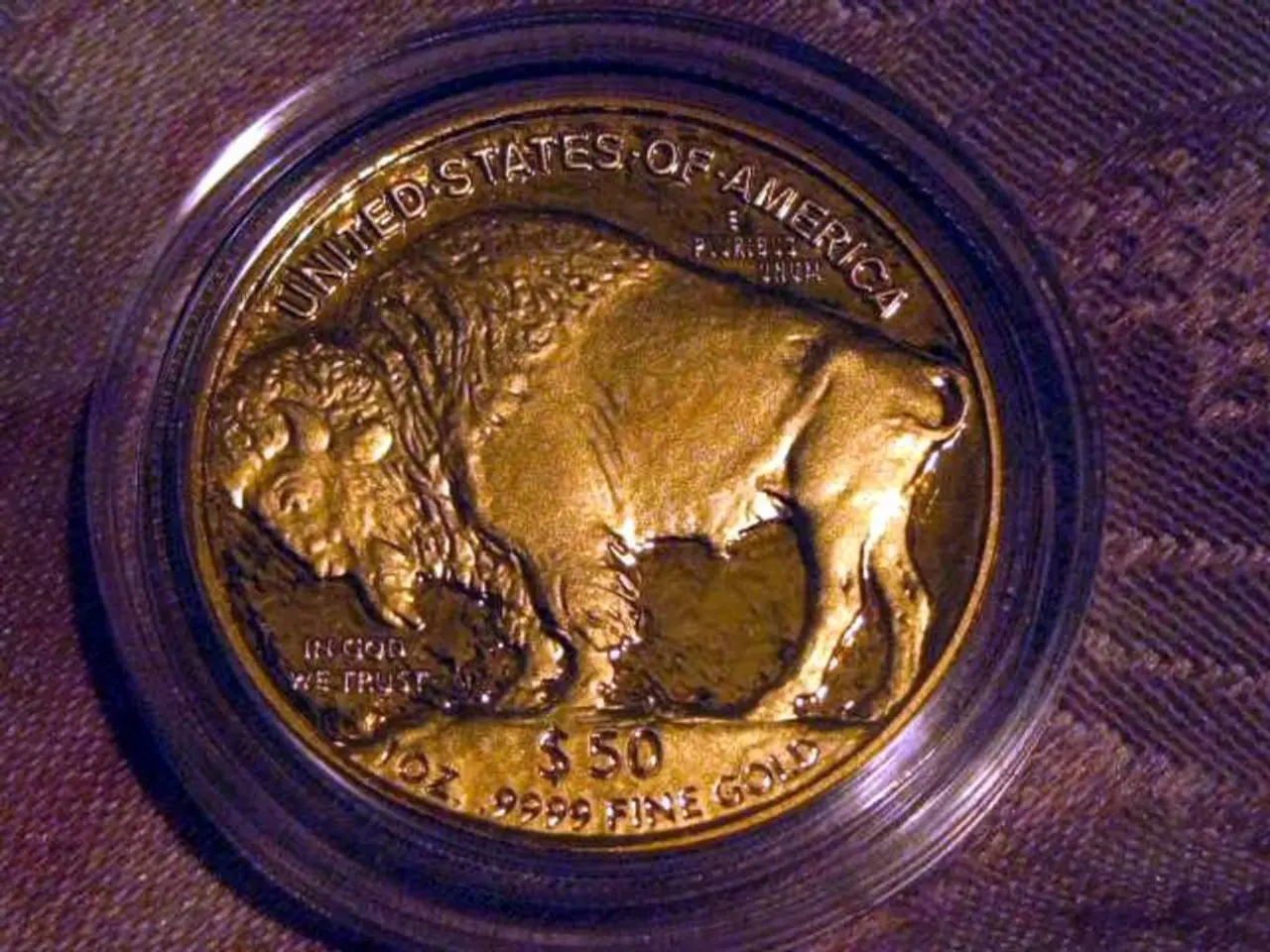Federal Reserve maintains elevated interest rates in United States
The Federal Reserve has kept the key interest rate unchanged in 2025, with the range remaining between 4.25 and 4.5 percent. This decision was primarily due to elevated economic uncertainty, persistently elevated inflation, and solid labor market conditions.
The Fed's Federal Open Market Committee (FOMC) emphasized a cautious approach, observing that economic growth moderated in the first half of the year. Unemployment remains low, and inflation is still somewhat elevated. Despite pressure from President Trump, the FOMC opted for a wait-and-see stance rather than adjusting rates immediately.
Economic uncertainty has played a significant role in the Fed's decision. Indicators show a level of unpredictability, prompting the FOMC to adopt a more conservative approach. Inflation remains above the Fed's target, requiring careful monitoring before deciding on further rate changes.
The strong labor market also supports maintaining current rates. Low unemployment and solid labor market conditions suggest that the economy is robust enough to handle the current interest rate. The Fed had already cut rates three times in late 2024, showing prior accommodation efforts, so additional changes are being calibrated cautiously.
The key interest rate is crucial for banks, as they can borrow money from the central bank at this rate. Fed Chair Jerome Powell has resisted Trump's demands for lower interest rates, reflecting the Fed's goal to balance controlling inflation with supporting sustainable economic growth, independent of political pressure.
In the latest interest rate decision on Wednesday, two of the eleven members of the FOMC, Michelle Bowman and Christopher Waller, voted for a rate cut, which is uncommon. Dissenting votes at the Fed are rare, and Waller is rumored to have ties to Trump, with Trump reportedly considering him, along with Treasury Secretary Steven Mnuchin, as a potential successor to Powell.
Market observers expect the first rate cut at the September meeting at the earliest. Thomas Gitzel, chief economist at VP Bank, comments that if the upcoming labor market reports remain solid and inflation rates do not retreat, there will be no rate cut in September.
The US economy is not immune to external pressures. The International Monetary Fund (IMF) has expressed concern about increased import prices in the US due to tariffs, with companies passing on higher costs to prices. Trump's new tax law is also expected to increase the deficit by around $3.3 trillion (approximately €2.8 trillion) over the next decade.
Trump has repeatedly verbally attacked Powell, calling him a "fool," an "idiot," and a "moron" in recent months. Trump allegedly presented Powell with supposed new figures showing the rising costs of renovations at the Federal Reserve, totaling $3.1 billion, which Powell disputed. However, the legal hurdles are high, and the question of whether a US president can fire a Fed chair is not entirely clear.
Despite these challenges, the Fed remains committed to maintaining stability in the US economy. Economic growth in the first half of the year has slowed, according to Fed data, but the Fed is taking a measured approach to address these issues. Uncertainty about economic prospects remains high, but the Fed is working diligently to ensure a balanced and sustainable economic growth.
- The US economy, still facing external pressures such as tariffs and Trump's tax law, necessitates careful monitoring by the Federal Reserve in terms of both finance and general-news perspectives.
- Despite President Trump's political pressure and resource disputes, Federal Reserve Chair Jerome Powell, in his role to balance controlling inflation with supporting sustainable economic growth, remains resilient in maintaining the key interest rate.




